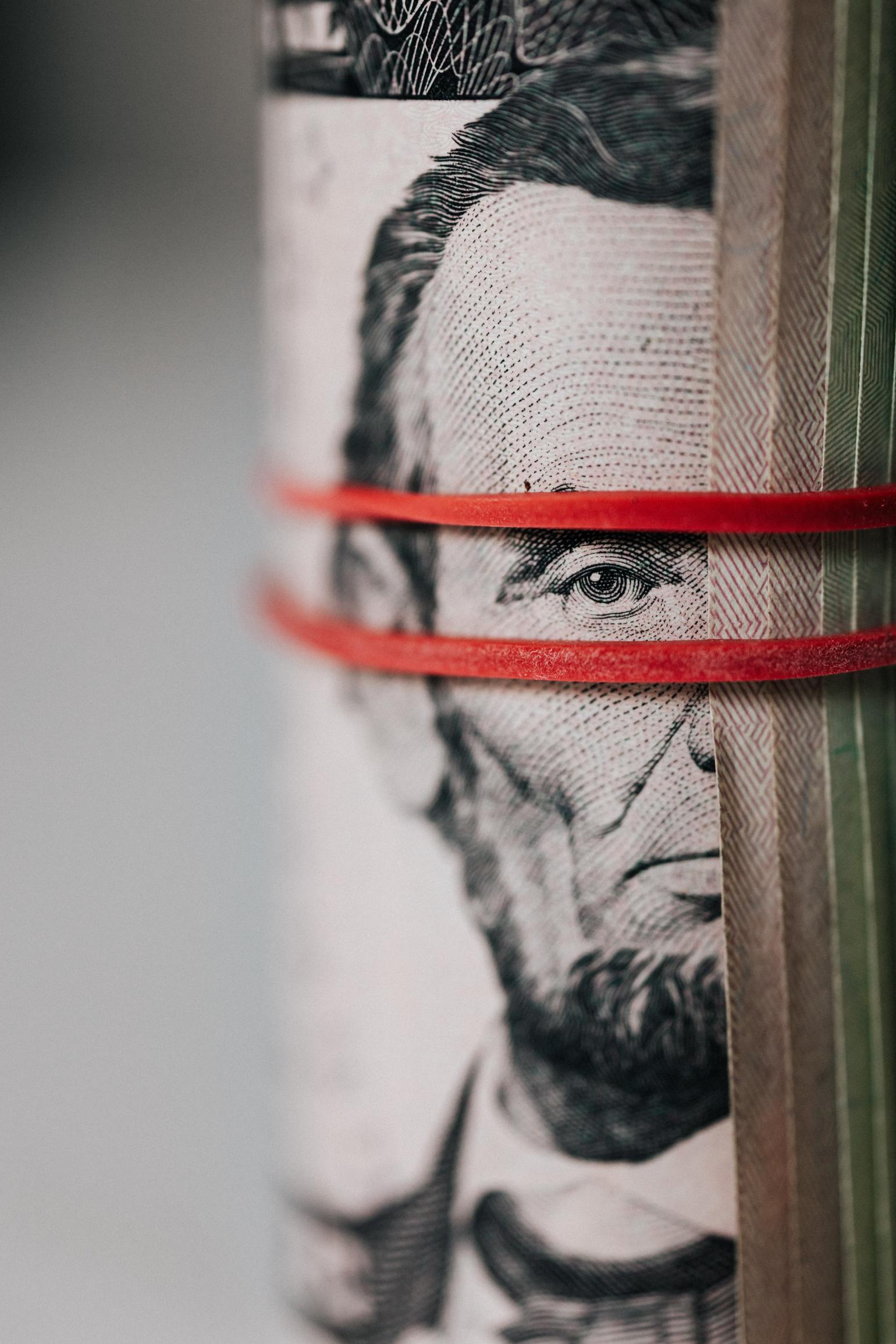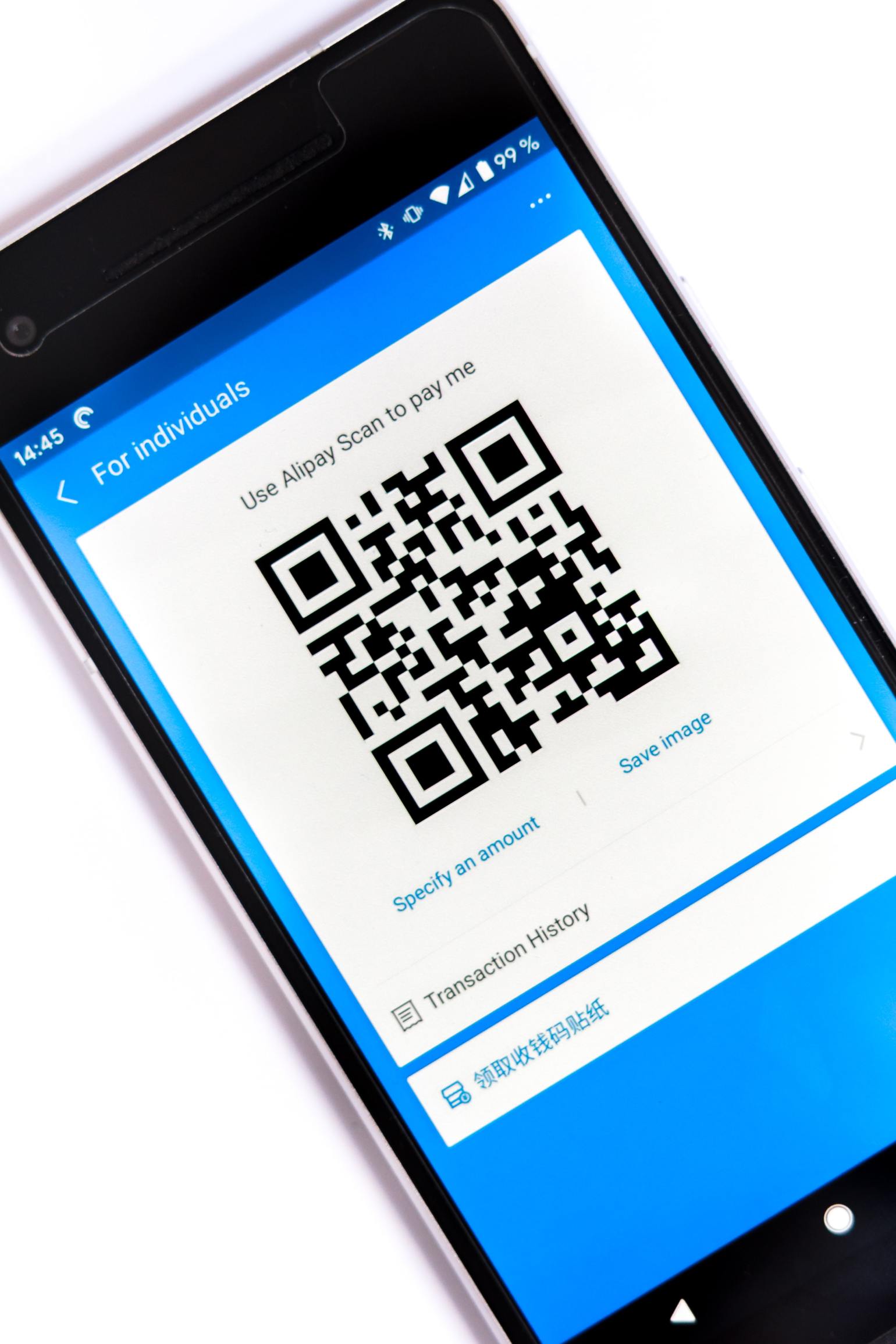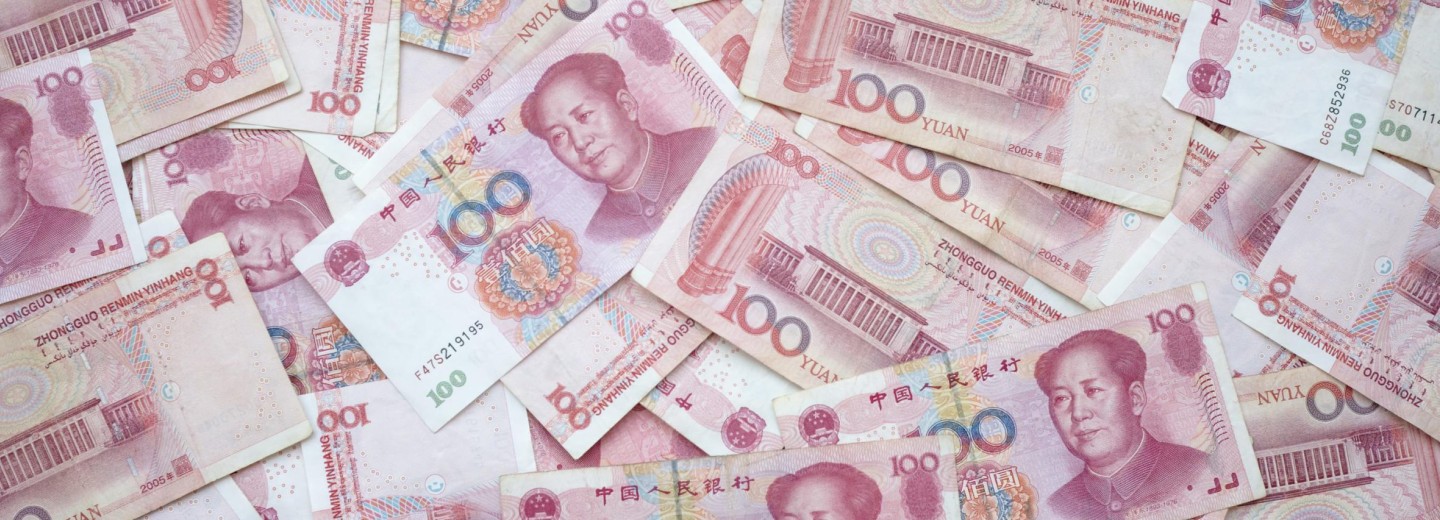China news 21st September 2020
This week, we review three articles about China’s newest innovation – digital currency. It sounds boring and complex. But yet again, China leads the world in technology. Most countries are exploring digital currency. China is in the final stages of testing it.
Digital currency
The digital renminbi is a digital form of legal tender issued by the People’s Bank of China. It is a digital alternative to cash.
Central Bank Governor Yi Gang said that the goal of China’s digital currency and electronic payments is to replace a part of the cash in circulation:
Mu Changchun, director of the Central Bank’s Digital Currency Research Institute, described a usage scenario:
Dong Ximiao pointed out that your money could be placed in a bank card, or with WeChat or Alipay; this is personal freedom. However, the use of digital renminbi is very convenient. WeChat and Alipay cannot transfer funds to each other, and some places do not support WeChat or Alipay. But digital renminbi is legal tender, and no one can refuse to accept it.
Digital RMB has legal compensation built in.
As we all know, cash anonymous and untraceable. Large amounts of cash often facilitate corruption, tax evasion, terrorist acts, money laundering crimes and endanger the national economic and financial order – even national security.
Digital renminbi is controllable. The People’s Bank of China has full information and can use big data, artificial intelligence and other technologies to analyze transaction data and capital flows. This can prevent and combat money laundering, terrorist financing and tax evasion and other illegal and criminal activities and better maintain financial stability.
Many people are puzzled about the issue of digital renminbi when there are electronic payments such as WeChat and Alipay.
The article said that electronic payment tools based on commercial banks still have much room for improvement. On the other hand, although cash utilization is declining, the absolute amount is still growing. The supply of legal tender in the retail sector has not kept up with changes in demand. Especially in places where financial service coverage is insufficient, the public’s dependence on cash is still high. In addition, the cost of cash management is high, and there is a risk of being used for money laundering and other illegal and criminal activities.
The article also stated that the use of decentralized technology to process payment transactions such as encrypted assets could erode the national currency.
At present, the central bank is steadily advancing the research and development pilot work of digital RMB. Sun Guofeng, Director of the Monetary Policy Department of the People’s Bank of China, said that research and development are following the principles of “steady, safe, controllable, innovative, and practical”.
Source: finance.ifeng.com.
A possibly sinister side of the digital renminbi
“China launches electronic renminbi and uses high technology to accelerate the North-Koreanization of the Country”. This second article – from a Hong Kong-based journal, reflects a possibly sinister side of the digital renminbi. No doubt this will figure largely in future Western media commentary.
In recent months, China has conducted large-scale electronic yuan testing. In the initial stage of the introduction of the electronic renminbi, it will certainly not completely replace the traditional renminbi. But this is undoubtedly the goal of the CCP.
With the introduction of the electronic renminbi, Chinese and Western media have suddenly added a lot of articles touting the electronic renminbi. Some exaggerated that the electronic renminbi will replace the US dollar and become the main currency for international transactions and foreign exchange reserves.
So, what is the purpose of the CCP’s launching electronic renminbi to replace physical currency? The biggest difference between electronic and physical currency is physical currency. Even if it exists in your WeChat or Alipay wallet, it is connected to your bank account, and you can turn your balance into banknotes at any time; however, electronic currency cannot be converted into banknotes.

In a society under the rule of law, criminals and merchants who attempt to conceal taxes prefer cash transactions because the government and the police cannot track domestic or cross-border cash transactions. In China, many wealthy people collect wealth and transport money abroad, often using cash. The attempt to completely ban cash with electronic money is actually to allow the regime to fully control all the people’s transactions in exchanges, without a trace of disclosure.
The government monitors all economic transactions through electronic money. It is like taking control of the whereabouts and activities of every person. This is exactly the same as the CCP’s implementation of national DNA sample collection, the establishment of a Sky Eye surveillance system, the application of a face recognition system, and the implementation of social credit scoring. They are all manifestations of the CCP’s accelerated seclusion and North Koreanization through high technology.
It may be the most hilarious black joke in the 21st century to say that this kind of electronic currency, which gives itself to the CCP’s strict control of every move, will be sought after by consumers and central banks around the world.
Source: thestandnews.com.
Advantages and disadvantages
In our third article we have précised an article by Robert Hackett writing in Fortune magazine. This offers a more balanced view of the benefits and disadvantages.
In the 13th century AD, the Mongol emperor Kublai Khan, who founded the Yuan Dynasty of China, gave an edict to change the traditional payments: those who don’t need money die. Of course, in those days, threats of execution were not uncommon. What makes Kublai Khan truly unique is that it redefined money itself.
Fast forward to this century, and China has once again redefined money. The futuristic currency initially called “digital currency/electronic payment” has taken a big step in this direction. This digital currency is still in the testing phase. The Chinese government plans to promote its use during the Beijing Winter Olympics in February 2022, allowing China to demonstrate its financial technology capabilities on the global stage.
Chinese officials publicly touted the many benefits of this currency: reducing operating and transaction costs; promoting financial inclusion; for the country, enhancing the ability to fight crime and expanding overseas influence. This innovation aims to strengthen the government’s control over China’s currency system and at the same time restore the government’s influence over Chinese technology giants. The top priority is Tencent’s WeChat and Ant Financials Alipay. Ant Financial is part of Alibaba Group and is currently about to go public.
Some observers even believe that the emergence of the electronic renminbi may indicate that the US dollar has begun to lose its status as the actual medium of international trade.

However, for the time being, Horn’s threats, especially the balance between privacy, law enforcement, and economic stability, have hindered the development of digital currencies in countries other than China. A recent survey conducted by the Bank for International Settlements of 66 central banks showed that 80% of central banks say that they have begun to study the feasibility of digital currencies. But only 10% of central banks are close to launching a digital currency, and the Fed is not among them.
The result: China is sprinting forward on a track full of players, while the other players hardly realize that they are participating in the competition.
Suzhou is a canal city in the northwest of Shanghai. Any careless observer will not find anything unusual about the train station in this city. The trains are crowded with passengers wearing masks. Many passengers lined up at the gate to show the green health code on their smartphones to ticket inspectors, indicating that they were not infected with the virus.
But some travelers have another function on their phones: officially recognized digital currencies. In May of this year, China began testing electronic renminbi in the real world. Civil servants in Suzhou received half of their transportation subsidies in the form of digital currency/electronic payment every month. Similar tests were also carried out in Shenzhen, Chengdu and Xiongan near Beijing, and some local businesses also participated in the test.
The scale of digital currency transactions is still small, but it sends an important message: While most countries are still plagued by the epidemic, China has staged a major technological change.
Since the announcement of the test plan, Beijing has rarely mentioned it again. Large companies operating in China have also been reluctant to talk about digital currency/electronic payments, which is not uncommon in a country where companies are reluctant to steal the government’s limelight. But these big companies are watching the test situation with great interest.

Today, more than 80% of Chinese people use smartphone apps such as Alipay and WeChat to make payments. Digital currency/electronic payment applications seem similar to these ubiquitous electronic wallets. However, technically, these two digital currencies are completely different.
A key innovation of digital currency/electronic payment is that it can be used anywhere, even if both parties to the transaction are not connected to the Internet. But the biggest difference is recording. Different from the apps of private enterprises, the electronic renminbi is totally connected to the central ledger system, which is maintained by the People’s Bank of China, the central bank of China.
Source: tech.ifeng.com.
Worked on the article:

Wanlikhang





